Human Rights
We seek solid relationships with all our stakeholders, based on mutual respect and recognition, generating trust and value for all parties involved through our operation. Therefore, we actively promote respect for fundamental rights and avoid impacts, directly and indirectly caused.
Our commitment
Respect for Human Rights throughout our value chain implies complying with the guidelines of the Universal Declaration of Human Rights, the United Nations Guiding Principles on Business and Human Rights (and its corresponding Protect, Respect and Remedy framework) and those established in the Declaration of Fundamental Principles and Rights at Work of the International Labor Organization (ILO).
Today, companies must act with due diligence to prevent human rights violations and ensure their respect in the framework of their operations. Therefore, we must periodically identify and assess the real, potential and perceived negative consequences on human rights in which we may be involved, either through our own activities or as a result of our business relationships and investments, in order to manage them. and integrate them. in our management systems.
Thus, with our work and the participation of the different areas, we can reiterate our responsibility with the incorporation of best practices, so that they are incorporated into all processes, generating impact and well-being.
Learn about our Human Rights Action Framework here.
Due Diligence Processes
As a company in the financial services sector, we recognize that, in addition to the processes that we have implemented to prevent or mitigate the direct violation of human rights towards our stakeholders, our investment, subscription and purchase operations can generate indirect impacts through different practices that third parties with whom we interact may incur. Learn about the identified practices here.
For this reason, we have due diligence processes in investments, subscription and purchases, associated with the following matters:
– Labor rights.
– Money laundering and financing of terrorism.
– Corruption and bribery
– Violations of the principles of the Global Compact.
– Controversies associated with human rights violations.
These due diligence processes are developed within the framework of our regulatory structure that makes up the company’s ethics and compliance system, and which includes the following internal policies:
– Responsible Investment Framework Policy
– Social Investment Framework Policy
– Due Diligence Manual for Mergers and Acquisitions operations.
– Code of conduct
– Code of conduct for suppliers
– Anti-Fraud and Anti-Corruption Framework Policy
– Data protection policy
– Manual of procedures for the System for the Prevention and control of money laundering and financing of terrorism.
– Labor principles
Additionally, during 2021, the company carried out a sector analysis process to identify potential areas of risk. This analysis is carried out taking into account the sectorial exposure of Grupo SURA considering the source of its income, its investment portfolios and its direct sectorial exposures. Thus, the sectors with the highest risk and the practices with the potential for violation associated with these sectors were identified (see the details of the sectoral risk matrix here).
The determination of the level of risks is made taking into account an analysis of literature and secondary sources, specifically consultation of references associated with sectoral frameworks and human rights impact assessments of representative companies of said sectors.
Once you have this level of risk inherent in the sectors associated with customers, investments and suppliers, it is cross-referenced with the exposure information to determine the prioritized sectors, which are as follows:
– Financial
– Infrastructure
– Extraction and processing of minerals
– Food and drinks
– Services
Specific due diligence processes will be developed for these sectors, taking into account the highest risk practices identified in each of them.
Human Rights Impact Assessment
In our Human Rights Action Framework, guidelines are given to carry out impact assessments on operations on a regular basis.
The Company carried out a human rights impact assessment in 2020, hand in hand with the Fundación Ideas para la Paz, which aimed to identify the real, potential (risks) and perceived impacts on human rights of the activities carried out by the Company. GRUPO SURA (Holding), SURA AM (Subholding) and SURAMERICANA (Seguros SURA Colombia) in Colombia.
The FIP methodology consists of the following steps:
1. Work plan and enlistment
2. Information gathering
3. Characterization and assessment of impacts
Based on the Fundación Ideas para la Paz methodology, each criterion has a trichotomous rating scale (0 – 0.5 – 1) where 0 is the lowest value on the scale and 1 is the highest. This allows you to assess and visualize the severity of each severity analysis variable.
Each variable of the gravity concept has a series of established criteria. In the scale variable there is a total of five (5), scope four (4) and irremediability three (3). According to the total score obtained in each one, a percentage is obtained that allows evaluating the level of severity of each variable.
| Variable | Definition |
| Scale | Degree of violation of a right and how it affects the dignity of the individual and their ability to exercise other rights. |
| Scope | Number of people affected in their rights. |
| Remedyable character | Limitations or impossibility for the affected people to recover their situation prior to the negative impact. |
Source: Prepared by FIP
Once the percentage for each of the variables is obtained, an average percentage is calculated to display the total assessment of the severity of the impact on human rights analyzed in accordance with the UNGP guidelines. Based on the results obtained, a heat map is drawn up that allows a rapid visual identification of the most serious impacts.
Remediation and mitigation
To mitigate the possible violation of human rights in its operations, relationships with suppliers, customers and investments, the Company has measures for all its operations:
– Ethics and compliance committee.
– Labor coexistence committee.
– Outsourced complaint channel.
– Training and awareness.
– Specific measures associated with the results of the impact assessment on human rights.
Remediation measures are carried out for confirmed cases of human rights violations identified through the various reporting channels. Regardless of the route that is activated to address the complaint, Grupo SURA implements the pertinent measures to protect the complainant from possible retaliation and ensures that it has immediate containment and care strategies. Among other actions, the organization offers:
– Emotional containment measures for the complainant.
– Psychological advice to the people involved.
– Legal advice to the complainant.
Investor Kit Q125
Download our investor kit, a tool that will allow you to easily utilize the figures of our organization.
DOWNLOAD HERE



